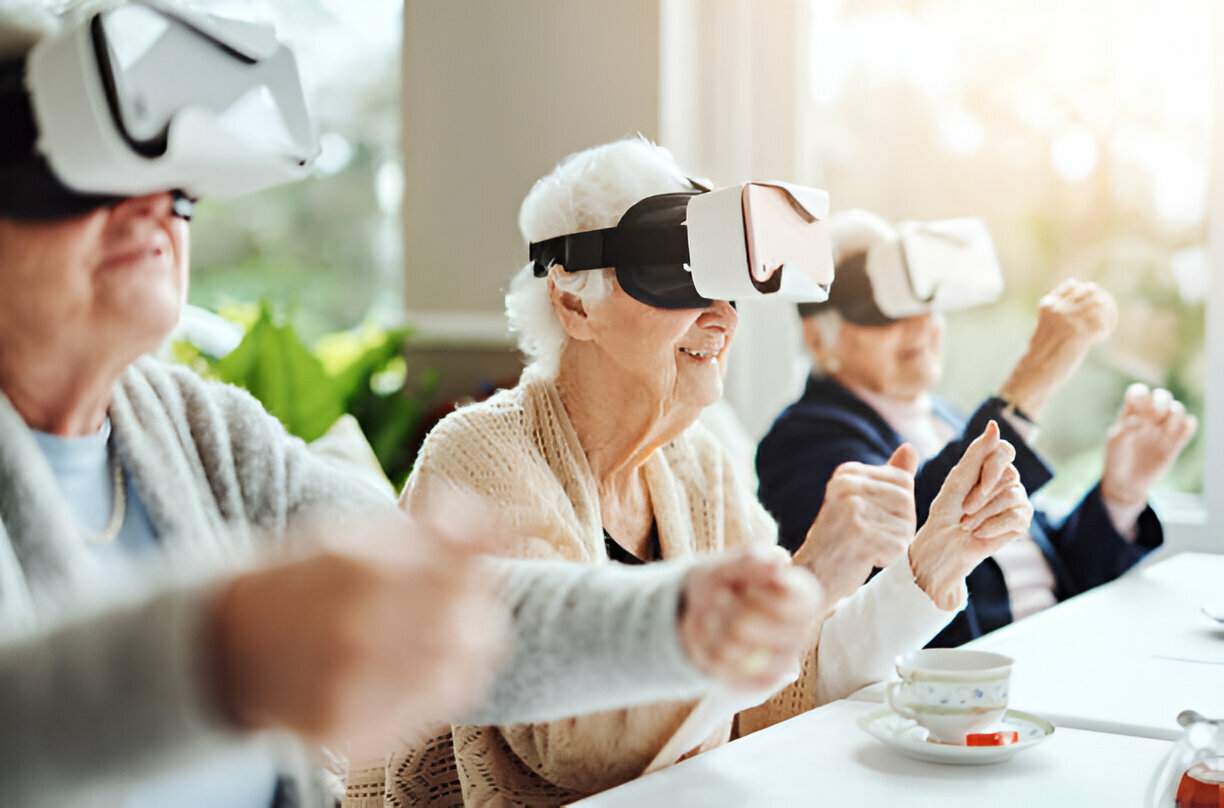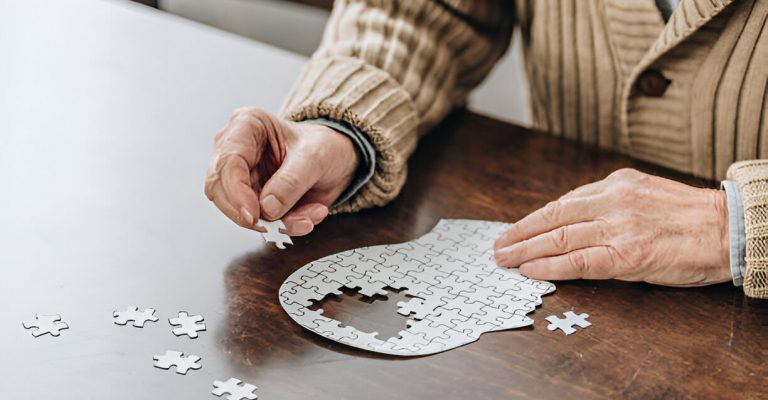Mental exercises for brain trauma patients need not be dull and boring.
Playing brain-stimulating games is not only entertaining but also one of the engaging ways to help regain what is lost in terms of rehabilitation for those suffering from brain trauma. Most of these games involve various cognitive skills. Good ones usually include memory, concentration, and problem-solving concepts.
Contrary to just cognitive exercises, games are more engaging and more stimulating. Users will be more motivated to play such games regularly and develop their cognitive abilities. Sometimes, individuals may feel too lazy to perform any cognitive exercises, but games make the process interesting. Brain games thus form a great resource in enhancing the recovery process.
How Do Games Help in Recovery from Brain Trauma?
Much like brain injuries themselves, no two paths to recovery are ever the same. Depending on location and severity, many different secondary effects may result from a brain injury.
However, these secondary effects can be overcome by seeking rehabilitation. Therapy is perhaps the best way to exploit neuroplasticity—how the brain can adapt and heal.
Neuroplasticity is initiated through repetition. The more a patient repeats some exercise, the more pathways the brain will develop and/or strengthen related to that exercise. As a result of this phenomenon, previously lost or worsened functions due to a brain insult are regained.
The production of neuroplasticity is not limited to consistent exercise. Repetitive performance of other activities, including games, also stimulates the brain’s capacity and strength to create and reinforce neural pathways. That is why games can be helpful or even entertaining as an excellent way of facilitating recovery from a brain injury.
Finding the most appropriate games for brain injury patients can be challenging because different games enhance different skills. Although many games combine physical and cognitive elements, the ones mentioned here focus mainly on enhancing cognition.

Effective Mental Exercises for Brain Trauma Patients
The most helpful games for individuals recovering from brain injuries will depend on the skills they are working on and their current abilities. The following games, noted below, were not created specifically for people with traumatic brain injury, although each can help strengthen a particular set of mental skills.
This list is ranked from easiest to most challenging game. Some people will want to begin with the easiest games, while others may be ready for a game that is a little more difficult. The idea is to work up to a game that is challenging enough to be helpful without being annoyingly difficult.
Chess
Chess is a game centuries old, yet probably still one of everybody’s favorite pastimes, for it is an impressively teasing balance between challenge and simplicity, with no experience alike in its rounds. The game also greatly suits those recovering from a trauma to the brain since it practices nearly all cognitive skills.
It trains your memory, for one has to remember the function of each piece on the chessboard. Also, it gets you reasoning logically and creatively to many different calculations regarding which move will benefit the most.
It also teaches you how to think ahead and plot strategy. Since there are just two players in this game, chess is less complicated than the others, which is appropriate for TBI patients who may find it hard to pay attention to many things simultaneously.
Sudoku
Sudoku is a number placement game on a 9×9 grid such that each row, column, and sub-section of 3×3 has all the digits from 1 to 9. The game is considered great for patients with brain injury since working on it is associated with conscious critical thinking and problem-solving abilities.
When playing Sudoku, your mind quickly processes information to help you make correspondence decisions through logic, memory, and attention to detail. These are important cognitive skills in real life that can be enhanced by regular solving of such puzzles.
Word Games
Word games like crosswords, word searches, and Scrabble can be great exercises for individuals experiencing brain injuries. These kinds of games demand language skills and memory capabilities, developing vocabulary and spelling enhancement.
It also trains the brain’s executive function, which deals with planning, organization, and strategy building. Frequently, these skills have been affected by a brain injury; thus, word games effectively improve these skills.
Puzzles
Jigsaw puzzles are exciting and engrossing. They require careful attention to detail, visual-spatial awareness, and good problem-solving skills when searching for matching pieces and figuring out where they will be within the picture while assembling the puzzle.
These puzzles will help stimulate a patient’s brain and rejuvenate hand-eye coordination after a brain injury. They can also be used as a less stressful activity, which can benefit stress relief and general well-being.
Scrabble

One of the excellent mental exercises for brain trauma patients to increase their ability to recall and use words is Scrabble. This game then proves a bit more challenging since it calls for creatives on tiles a player has while ensuring that at least one of the letters used forms part of a word already available on the board.
Playing Scrabble will exercise several of your brain’s abilities all at once, such as:
- It’s like remembering a word until you have the right moment to play it.
- It means planning the best word to obtain as many points as possible.
- Use problem-solving to build a word with the letters you have.
- Being adaptable if another player makes an unexpected move
It also identifies the fine motor skills involved in picking up tiles and setting them down and the visual scanning skills while looking for new spots to play on the board. For this reason, since Scrabble aids in enhancing all these skills, it comes out among the top-ranked games to help individuals recovering from traumatic brain injury.
Card Sorting after Brain Trauma
Here is a riveting game that builds concentration and memory skills. Grab hold of your 50-pack of playing cards, remove the ace from each suite, and set aside. Now, shuffle the remaining cards. Place each of the aces in a specific order. Have a quick fix in your mind with a little memorization, and then turn the cards face down.
Now, take the cards one at a time from the shuffled deck and place each card onto what you think is its correct suit stack. Place the card face down on the stack. The long-term goal is to have all the cards of the same suit, all the clubs, all the diamonds with diamonds, and so on.
To make it more challenging, recruit the help of a friend who will give you small tasks that engage your brain simultaneously. Maybe you can name an animal for every letter in the alphabet or produce a word opposite to what your friend has provided.
For instance, if he says “hot,” then you respond with “cold.”. Finally, flip over the card piles and see how many you incorrectly placed into another pile.
Jenga
Well, it is a game that enhances hand-to-eye coordination—like an exercise for those little fingers. This is also an excellent piece of logical thinking when pulling the small blocks to not topple the whole tower.
This exciting challenge involves caution and helps to improve concentration and planning skills. Therefore, it’s like a small lesson in solving puzzles.
Now, if dealing with small blocks seems a bit tricky to you, then do not worry! There is an even larger version of the game known as Giant Jenga, which would perhaps work for you. It involves the very same fun in a larger size!
VR Games
Some of the more interactive video games, especially those based on VR, will get you thinking about calibrating your hand-to-eye-body coordination. This could be helpful when a concussion might afflict one with symptoms, particularly concerning those areas.
The Beat Saber game is one of the most descriptive examples of such games. This VR game requires simultaneous activity of your right and left limbs, from hands and arms to feet. It’s basically an exercise for your full body. Your task in this magnificent game is to slice incoming cubes precisely in a given direction with the help of illuminated sabers.
This also signifies that VR games do not apply to everyone on concussion protocol. Besides, some games could increase your concussion symptoms. Engage in these games only as your ability allows.

In a Nutshell
The victims of brain trauma mostly sustain cognitive and physical disabilities, some to an extended degree, affecting the victim’s daily life. Individuals can practice those skills with these mental exercises for brain trauma patients, creating a fun sensation of success. The options range from Sudoku to virtual reality games. A person needs to find pleasurable yet challenging activities according to the needs and capabilities of the individual.

